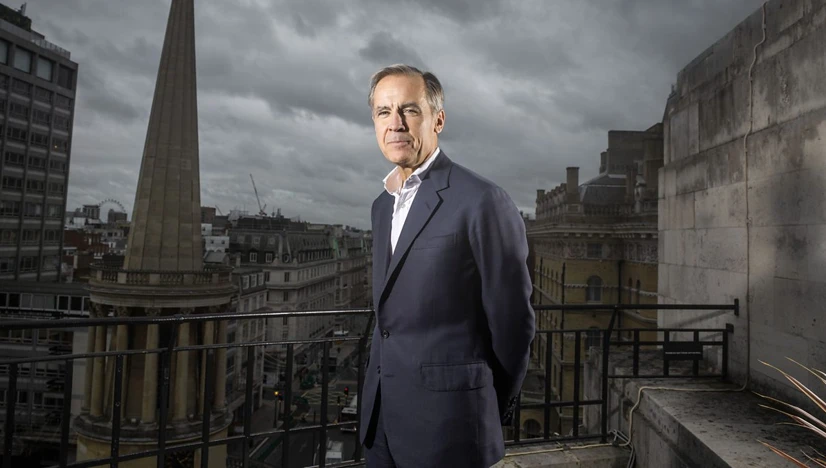How We Get What We Value
BBC, 2020
The former Bank of England Governor, Mark Carney explains how we have come to esteem financial value over human value and how we have gone from market economies to market societies, how economic theory foundation affect the society as a whole, how we understand our world today and ultimately how this affects our lives. He argues that this translation from market economies to market societies has contributed to a trio of crises: of credit, COVID and climate.
Comment from our editors:
In the first lecture, Carney does an interesting analysis of what is considered value in today's society, making a genealogy since Smith's ideas, and how it is fundamentally flawed. Special remark is made about the neoclassical turn in the concept of value, which is determinant to understand what is taught in today's classrooms, from walrasian microfoundations to static partial equilibrium when it comes to theory, but also how today's society is organized and how we understand it. In the subsequents lectures Dr. Carney explains how this situation influenced and framed COVID and the financial and environmental crisis. In whole, this series is a good introduction to the history of economic thought, exemplifying how it contributes to the understanding of the economy, and how economic theory affects society.

